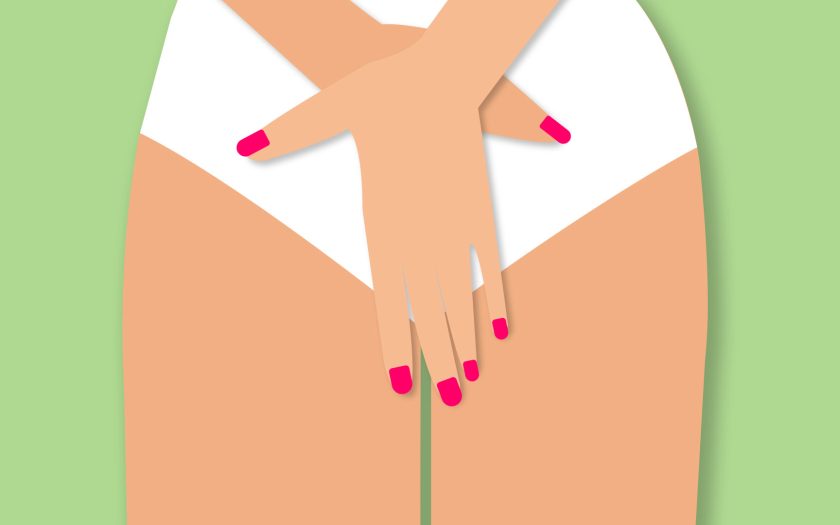-
Presence of other chronic
Chronic inflammatory processes, sexually transmitted infections (such as chlamydia and mycoplasma), viruses and intestinal dysbiosis are some of the causes of developing thrush. The gut microbiota is a primary factor because of what begins problems in all organs and tissues with mucous membranes. Therefore, it is important to always include beneficial probiotics in the diet.
-
Resistance to the treatment regimen being used.
It all starts with self-medication. A woman becomes ill, prescribes medication by herself and takes it for a period of time. After such treatment, the body becomes accustomed to the medication and it becomes ineffective with repeated intake. This leads to frequent recurrences that complicate person’s life. In such cases, treatment may be prolonged.
-
Failure to maintain hygiene.
Women’s hygiene is a set of practices and procedures aimed at maintaining the cleanliness and health of the genital organs. Timely washing helps prevent the proliferation of harmful bacteria. It is recommended to use feminine gels that help maintain the natural pH balance. Using of aggressive care products can provoke recurring thrush. Also, it is necessary to use individual hygiene products. To avoid infecting of the genital organs, do not use other people’s towels, razors or other personal hygiene items.
-
Oral contraceptives.
Taking such medications alters the hormonal regulation of the vaginal mucosa and reduces local immune defense. In this case, even changing contraceptives almost never helps; the only option is to completely discontinue their use.
To prevent recurrent thrush, it is important to consult a specialist you trust. Depending on the severity of the condition, the doctor may prescribe different treatments:
- Local treatments: creams (for example Nilstat Vaginal Cream), suppositories, ointments, etc. They are effective in combating the pathogen and restoring the microflora. They are used in the early stages.
- General acceptance treatments: (for example Forcan). Usually, they are oral tablets that are needed to be taken for a course from 1 to 2 weeks and should not be interrupted, even if symptoms improve.
- Combination therapy involves both oral tablets and local treatments. This approach yields good results, even if the disease has progressed to a chronic form.
Modern medicine offers many medications that can relieve unpleasant symptoms in just a few days. However, these medicines will only be effective for mild cases of thrush, without accompanying sexually transmitted infections. Often, doctors prescribe suppositories for thrush—these are convenient, effective and practical. If the condition is severe or complicated by other sexually transmitted infections, systemic antifungal medications are necessary. They are administered in the form of tablets or injectable solutions.

